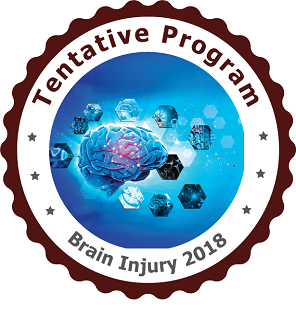
Trevor Archer
University of Gothenburg, Sweden
Title: Physical exercise ensures health and longevity in brain integrity
Biography
Biography: Trevor Archer
Abstract
The outcome of combining physical exercise, whether endurance-type or resistance-type, with dietary selection, or even the exercise regime by itself has been shown repeatedly to endower numerous beneficial manifestations that stretch over multiple domains that include immune defense systems and anti-disease pathological effects, chronic metabolic disorder, cognitive-affective states and alimentary canal micro biota. The combination of exercise with selective, not merely restrictive, diets mobilizes a multiplicity of cellular adaptive responses and signaling pathways, reduced pro-inflammatory and increased anti-inflammatory cytokines, more effective cognitive performance in emotionally-charged situations and general health, wellbeing and quality-of-life improvements. Physical exercise presents a particularly useful intervention in individuals employed in sedentary occupations or afflicted by a neurodegenerative disorder, such as PD. The several links between exercise and qualityof-life, disorder progression and staging, risk factors and symptoms-biomarkers in PD all endower a promise for improved prognosis. Nutrition provides a strong determinant for disorder vulnerability and prognosis with fish oils and vegetables with a Mediterranean diet offering both protection and resistance. Three factors determining the effects of exercise on disorder severity of patients may be presented: Exercise effects upon motor impairment, gait, posture and balance; Exercise reduction of oxidative stress, stimulation of mitochondrial biogenesis and up-regulation of autophagy, and Exercise stimulation of dopamine (DA) neurochemistry and trophic factors. Running-wheel performance, as measured by distance run by individual mice from different treatment groups, was related to DA-integrity, indexed by striatal DA levels.

